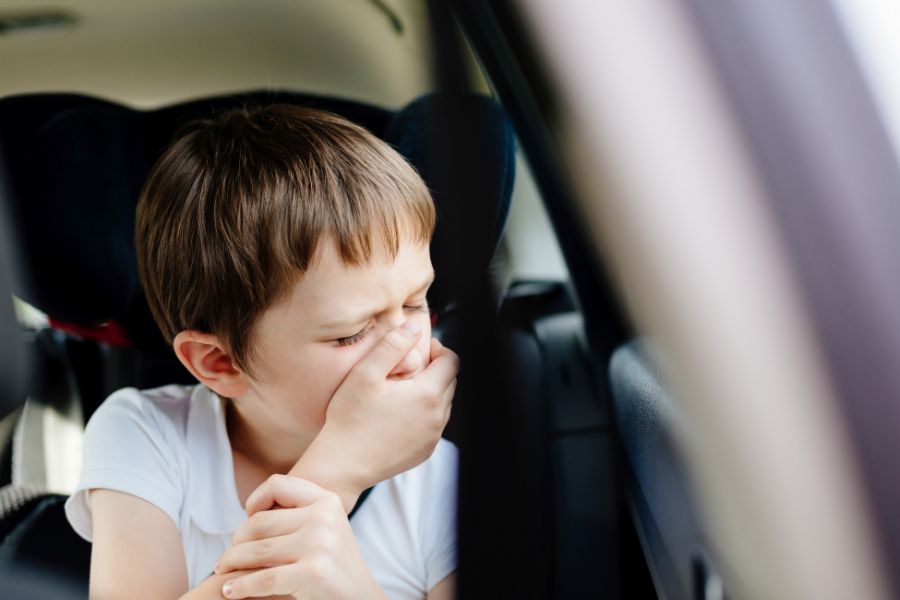
3 ways to make travel safer
Moving around in your car is the fastest and most convenient method of transport. Whether taking a long holiday trip

Not all children are born travellers – some of them, despite their best intentions, can be unwell when travelling by car. Tired of nausea, tummy aches, and headaches, little passengers may be unwilling to take on further escapades. So how can this be changed and help the little ones on the road? In addition to the appropriate medicines and methods recommended by the paediatrician, it is worth taking care of a few minor aspects that will affect the child’s comfort.
One mistake parents often make trying to entertain their child. There is nothing wrong with just wanting to pass the time with the little one, but there are activities that can impair the well-being of the youngest passenger. Looking at books, or in the case of older children, reading them is one pastime that should go on the forbidden list. Vibrating images can contribute to increased nausea. Some children react similarly to eye-engaging smartphone games.
Try to take favourite teddy bears or larger figurines into the car. You can also practise perceptiveness by looking out the window or listening to audiobooks of stories together.
A child’s entire bad mood can be affected by uncomfortable posture. For example, suppose the child’s spine is in an unnatural position. In that case, the tummy is pressed, the legs are dangling, and the seat itself does not guarantee comfort – it is hardly surprising for a complaining child.
A good solution that not only helps to ensure the comfort of the little traveller but also their safety is also the KneeGuardKids car seat footrest. When correctly positioned, it allows the child to rest their feet and maintain a correct, straight position. This way, even the most extended trip will be comfortable.
If the temperature in the car is too high or the sun shines heavily on the back seats, your child may also feel unwell. It is a good idea to prepare for this before the trip and use a window cover to allow the little one to avoid prolonged exposure to the oppressive rays.
Choosing the right temperature is equally important – don’t overheat your child, choose clothes for the road and opt for a less intense air supply. Also, pay attention to the scent of the car. While many drivers appreciate intense aromas, they can add to the malaise of a sensitive child.
Before leaving on the journey, ensure that your child does not overeat but also does not suffer from hunger. Prepare snacks you will eat during stops or plan where these will occur. When travelling, it is easy to be tempted by indigestible food, so provide alternatives for your child.
By making a few changes, you can significantly improve the comfort of the journey for a sensitive child. First, listen to your child on the road and be open to their needs. A few minutes of stopping won’t have a negative impact on the whole trip and may prevent them from feeling unwell.

Moving around in your car is the fastest and most convenient method of transport. Whether taking a long holiday trip

Looking after the safety and comfort of a child can be a real challenge – and it becomes even more

When travelling by car, concern for the comfort and safety of passengers becomes crucial. We need to be aware that